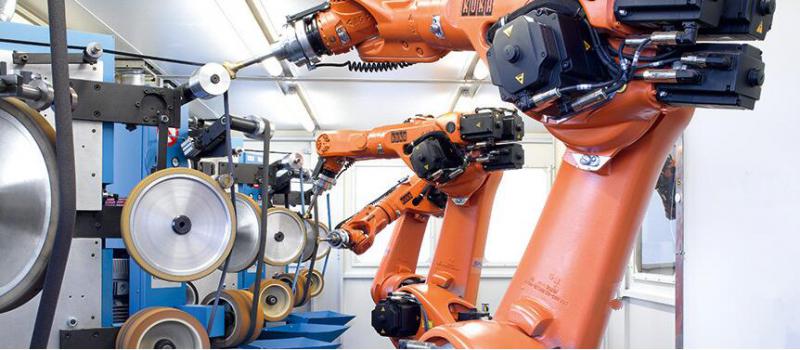
The development of future robotic systems will increasingly focus on deep integration between perception systems, motion systems, and world models. The perception system can obtain information in the environment through sensors, the motion system can control the movement and behavior of the robot, and the world model is the understanding and simulation of the environment of the robot. By deeply integrating these three key components, robotic systems are better able to adapt to complex and changing environments for more efficient and intelligent task execution.
1. Introduction
With the rapid development of artificial intelligence and robot technology, robot system is more and more widely used in various fields. The perception system, the motion system and the world model are the core components of the robot system, and they interact with each other to determine the degree of intelligence and execution ability of the robot. This paper will discuss the deep integration of perception system, motion system and world model in future robot systems, and the impact of this deep integration on the performance of robot systems.
2. Perceptual system
The sensing system is an important means for the robot to acquire environmental information. It collects the data in the environment through the CY2254ASC-2 sensor and converts the data into a form that can be processed by the machine. There are many kinds of sensors, including cameras, liDAR, sonar, etc. Sensors can provide a variety of information about the robot's environment, such as the position, shape, color, and so on. The goal of the perception system is to enable the robot to accurately perceive and understand the environment to make correct decisions and actions.
The perception system in the future robot system will become more and more powerful and intelligent. First, the sensing system will employ higher-resolution sensors, which will be able to obtain more accurate information about the environment. Second, perceptual systems will combine technologies such as deep learning and computer vision to enable advanced understanding and recognition of the environment. For example, robots can learn to recognize the shape, texture, and movement patterns of objects, allowing for more precise perception and target tracking. In addition, the perception system can be combined with technologies such as speech recognition and natural language processing to realize the perception and understanding of speech and text information.
3. Motor system
The motion system is the key component of the robot to control the movement and behavior, which determines the flexibility and execution ability of the robot. Motion system includes motion controller, actuator and power system. The motion controller is responsible for generating the motion trajectory and controlling the robot's actions, the actuator is responsible for executing the instructions generated by the motion controller, and the power system provides the energy required by the robot.
The motion system in the future robot system will become more and more intelligent and flexible. First, the motion system will adopt more advanced motion control algorithms, which can achieve more accurate motion control and path planning. Second, motion systems will combine techniques such as deep learning and machine learning to learn and optimize motion and behavior. For example, robots can optimize their own motion strategies through learning and simulation, resulting in more efficient and flexible movements and behaviors.
4. World model
World model is the understanding and simulation of robot environment, which is the basis of robot system decision and planning. World models can include maps of the environment, models of objects, models of human behavior, and so on. The goal of the world model is to enable robots to accurately understand the structure and characteristics of the environment and to make decisions and plans through simulation and reasoning.
Future models of the world in robotic systems will become more and more accurate and comprehensive. First, the world model will incorporate data from multiple sensors to achieve multidimensional modeling of the environment. Second, world models will incorporate techniques such as deep learning and reasoning to enable advanced understanding and reasoning of the environment. For example, robots can better plan their actions by learning and reasoning to predict the location and trajectory of objects in the environment.
5. Deep integration
The perception system, the motion system and the world model are the key components of the robot system, and they interact with each other to determine the degree of intelligence and execution ability of the robot. The development of future robotic systems will increasingly focus on deep integration between perception systems, motion systems, and world models.
First, the deep integration of sensing systems and motion systems will enable robots to more accurately perceive and control their environment. By combining data from the perception system with control instructions from the motion system, the robot is able to adjust its actions in real time, making it more adaptable to changes in the environment. For example, when a robot senses an obstacle in the environment, it can automatically adjust its motion trajectory to avoid a collision.
Second, the deep integration of perceptual systems and world models will enable robots to understand their environment more accurately. By combining data from the perception system with the world model, the robot is able to update and optimize its own world model to better understand the structure and characteristics of the environment. For example, when a robot perceives a new object in its environment, it can match information about the new object to an existing model of the world to update and refine its own world model.
Finally, the deep integration of motion systems and world models will enable robots to perform tasks more efficiently. By combining the control instructions of the motion system with the world model, the robot is able to better plan and execute its own actions. For example, when a robot needs to perform a complex task, it can generate an optimized motion trajectory based on its own world model, thereby improving the efficiency and accuracy of task execution.
The Products You May Be Interested In
 |
1082 | MECHANICAL DECADE COUNTERS - LAR | 196 More on Order |
 |
558 | RUGGED METAL PUSHBUTTON | 458 More on Order |
 |
476 | SWITCH PUSHBUTTON SPST-NO BLUE | 511 More on Order |
 |
473 | SWITCH PUSHBUTTON SPST-NO RED | 350 More on Order |
 |
3489 | SWITCH PUSH SPST-NO RED 10MA 5V | 563 More on Order |
 |
1298 | SOIL TEMPERATURE/MOISTURE SENSOR | 490 More on Order |
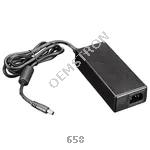 |
658 | AC/DC DESKTOP ADAPTER 5V 50W | 759 More on Order |
 |
631 | STARTER PK EL STRIP 100CM RED | 299 More on Order |
 |
624 | PANEL ELECTROLUM EL 10X10CM BLUE | 349 More on Order |
 |
409 | ELECTROLUMINESCNT WIRE AQUA 2.5M | 239 More on Order |
 |
447 | ELECTROLUMINESCN STRIP BLU 100CM | 366 More on Order |
 |
1614 | ADDRESS LED MATRIX I2C WHITE | 366 More on Order |
 |
1721 | ADDRESS LED MOD I2C RED/YLW-GRN | 393 More on Order |
 |
738 | 12MM DIFFUSED FLAT DIGITAL RGB L | 253 More on Order |
 |
1632 | ADDRESS LED MATRIX I2C GREEN | 306 More on Order |
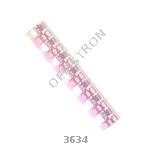 |
3634 | ADDRESS LED STRIP 1M | 290 More on Order |
 |
2686 | ADDRESS LED DISCR SER RGB 10PK | 1577 More on Order |
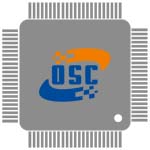 |
4243 | 2.13"" FLEXIBLE MONOCHROME EINK / | 437 More on Order |
 |
1815 | 10 SEGMENT LIGHT BAR BLUE | 143 More on Order |
 |
2739 | DIFFUSED RECT 5MM RGB LED 1=10 | 478 More on Order |
 |
679 | DIFFUSED 5MM SLOW FADE FLASHING | 258 More on Order |
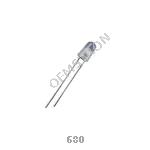 |
680 | DIFFUSED 5MM FAST FLASHING RGB L | 277 More on Order |
 |
181 | STANDARD LCD 16X2 + EXTRAS | 846 More on Order |
 |
1853 | SMALL 1.2 8X8 ULTRA BRIGHT SQUAR | 149 More on Order |

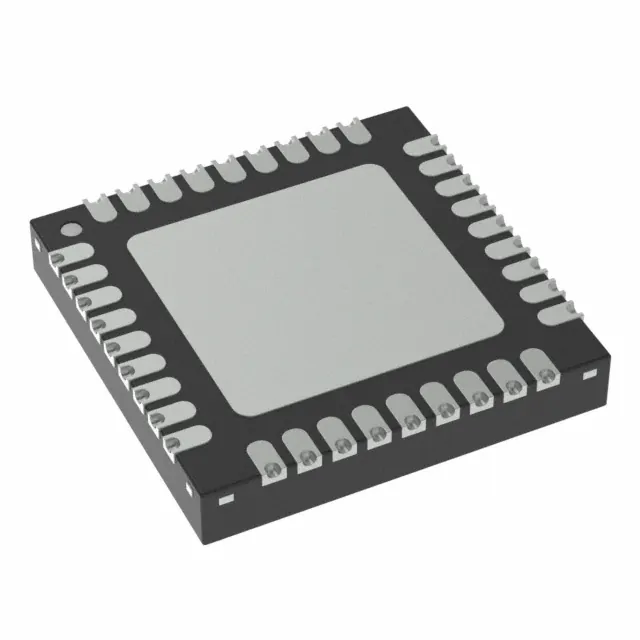 Semiconductors
Semiconductors









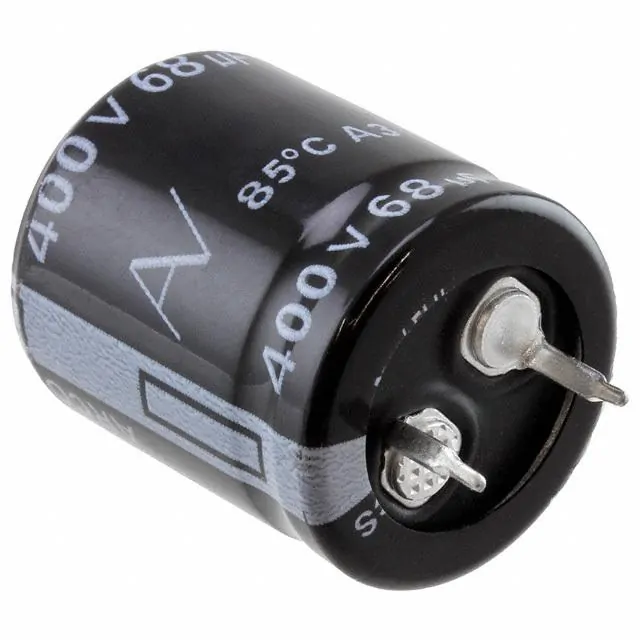 Passive Components
Passive Components









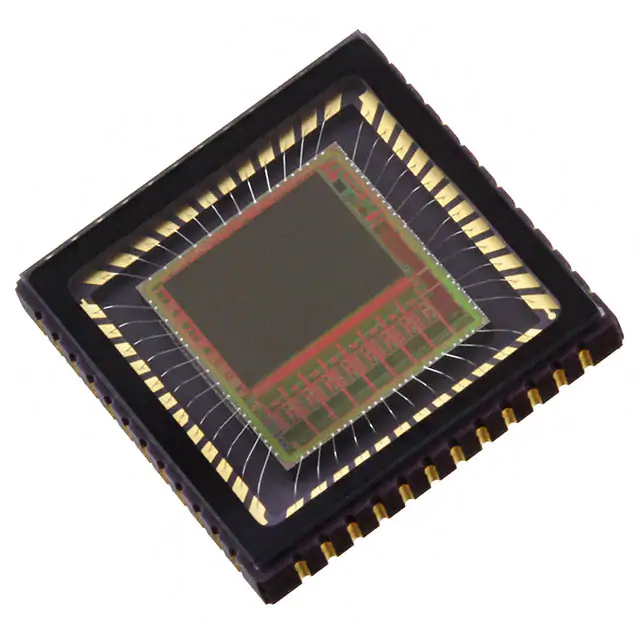 Sensors
Sensors








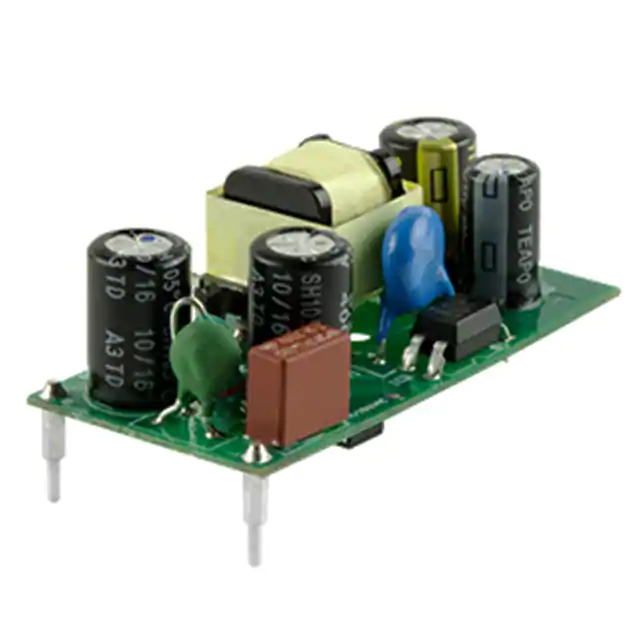 Power
Power









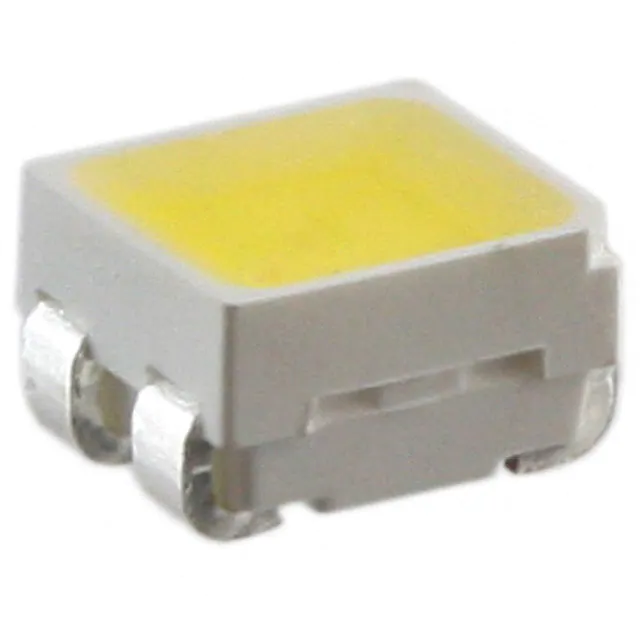 Optoelectronics
Optoelectronics








